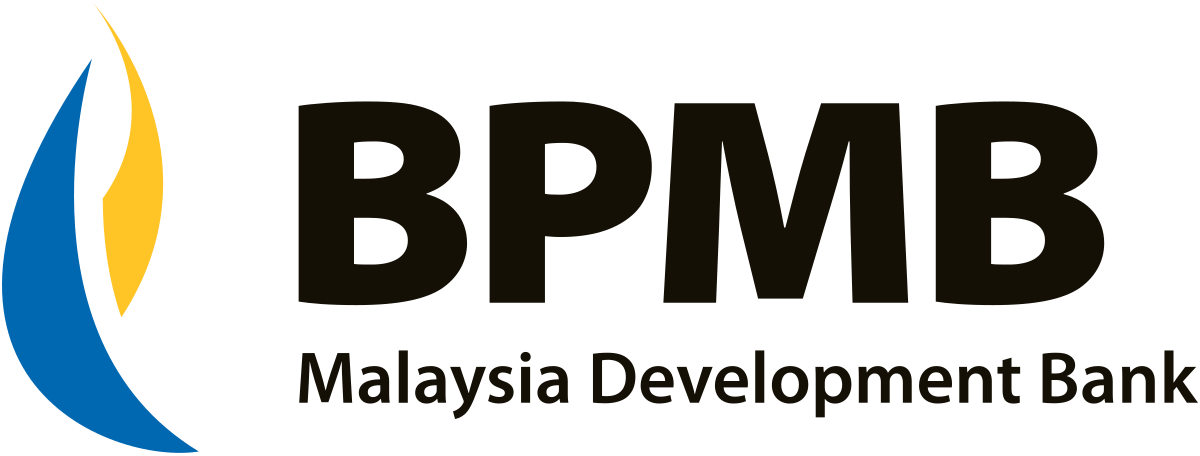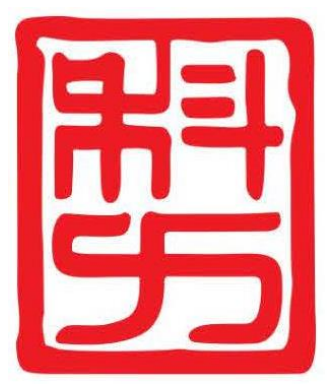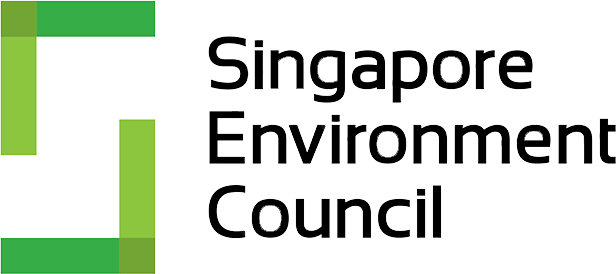ESBN Asia-Pacific Green Deal for Businesses on ESGpedia
Free digitalised and simplified ESG self-assessment for corporates and SMEs to easily kickstart your sustainability journey. Attain your Green, Silver, or Gold ESBN Asia-Pacific Green Deal Badge for greater recognition and visibility of your business’ sustainability efforts amongst potential customers, investors, and financiers.
Have more questions? Browse our FAQs here.
What is the ESBN Asia-Pacific Green Deal for Businesses?
To advocate for business leadership in implementing the 2030 Agenda for Sustainable Development and to maintain the competitiveness of Asia’s supply chains amidst mounting pressures from regulators globally, the ESCAP Sustainable Business Network (ESBN) has partnered with STACS to launch the ESBN Asia-Pacific Green Deal for Businesses Program, on ESGpedia.
The digitalised and simplified self-assessment tool is designed to lower the barriers to entry for corporates and SMEs to kickstart their sustainability journey and report metrics that are aligned with stakeholders’ needs for consistent, comparable, and shareable data.
Through the self-assessment and badge awarded, businesses can demonstrate their commitment to sustainability to customers, investors, and financiers, and strengthen their competitive edge across Asia.
The ESBN Asia-Pacific Green Deal covers 5 key pillars:
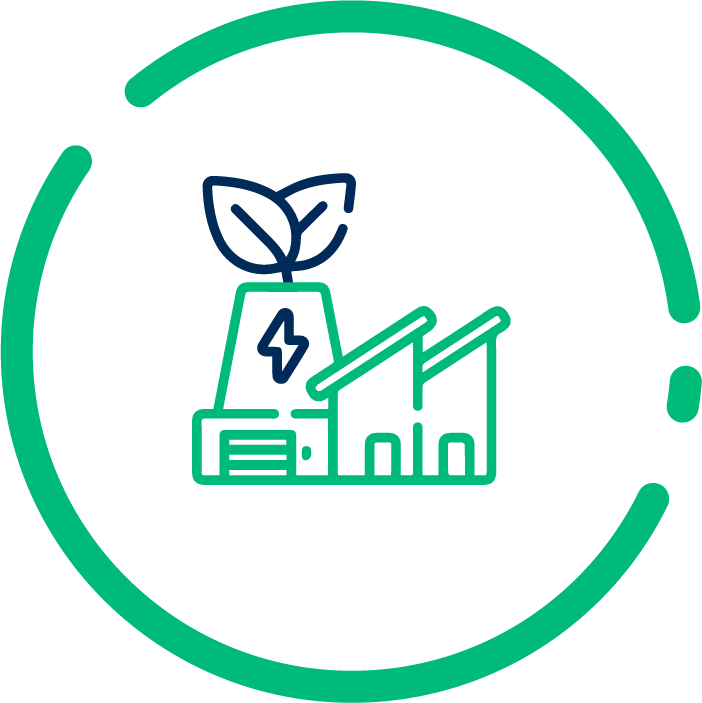
Pillar 1: Green Energy

Pillar 2: Infrastructure
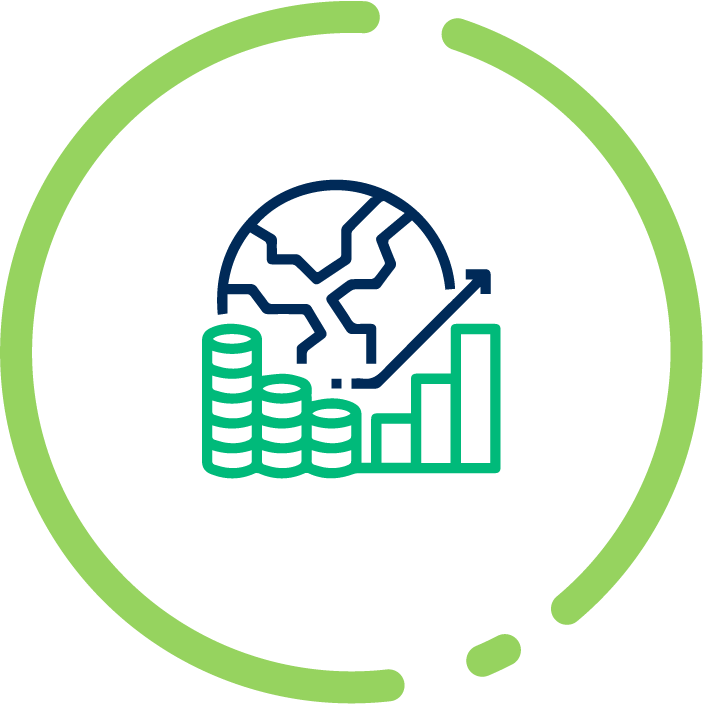
Pillar 3: Finance

Pillar 4: Innovation

Pillar 5: Circular Economy
Simply complete Pillar 1 and Pillar 2 to be eligible for the Silver ESBN Green Deal badge
Badge Achievers
Channel Partners




ESBN Asia-Pacific Green Deal
Badge Achievers
How can you be a part of it?

Overcome resource challenge and kickstart sustainability journey easily
Adopt the self-assessment as a form of an easy and guided program towards sustainability

Manage supply chain sustainability
Advocate suppliers to adopt the self-assessment to ensure greenness of your supply chain

Easier & more consistent assessment of sustainable finance eligibility
Encourage SME clients to adopt the self-assessment to increase their opportunities for sustainable financing

Strengthen competitive edge and attractiveness to investors and customers
Complete the self-assessment to attain the ESBN Green Deal badge for your business
Benefits for Businesses
From ensuring future-readiness, empowering corporate champions, to enabling the APAC region to scale its sustainable development goals, the ESBN Asia-Pacific Green Deal helps businesses kickstart on sustainability reporting and chart a clear path
to Net Zero
Future-proof and be better positioned to leverage on ESG opportunities to drive greater growth, value, and profitability
Strengthens competitiveness in foreign markets with growing emphasis on sustainability in buisiness
Greater visibility on sustainability performance of suppliers, and thus Scope 3 emissions
Greater insights into measurement and improvement of your suppliers’ sustainability performances
A clear transition pathway towards Net Zero for all stakeholders, with increased capacity and support for businesses to be better equipped with digital tools
Gain exclusive benefits from ESGpedia’s network of users including banks and corporates across various sectors
Step-by-step tutorial guide to complete the self-assessment & attain your ESBN Green Deal Badge
Get recognised through the ESBN Green Deal Badges
Available in Green, Silver, and Gold, the ESBN Asia-Pacific Green Deal badges are awarded to recognise corporates and SMEs for their various levels of sustainability commitment and performance. They serve to incentivise businesses to continually improve and deliver more sustainable change.
All applications will be evaluated by ESBN, with more exclusive benefits to be rolled out for Silver and Gold tier soon.
Simply sign up and declare your support for the ESBN Asia-Pacific Green Deal
Showcase 1 year of submission data
Showcase 2 years of submission data and demonstrate improvement in the latest year
Frequently asked questions
Upon registration to be a part of the ESBN Asia-Pacific Green Deal, your organisation will also have an ESG profile automatically created on ESGpedia, allowing you to consolidate all your ESG efforts onto a one-stop platform for key stakeholders.
To obtain the Silver Badge, companies are required to provide at least 1 year’s worth of data for the self-assessment and upload the relevant supporting documents.
To obtain the Gold Badge, companies are required to fill up at least 2 years’ worth of data, with the relevant supporting documents uploaded, and exhibit a year-on-year improvement in emission intensity of at least 1.5%.
You can refer to https://stacs.io/esbn-apac-green-deal-for-businesses/ for more information.
Upon being awarded a badge, your company will be featured on our website https://esgpedia.io/esbn-green-deal-badge-achievers/ under the list of badge achievers.
Your profile on ESGpedia would also be updated with the relevant badges, which will be visible to users of ESGpedia – including corporates, financial institutions, asset managers, insurance companies, who may potentially be your clients, financiers or investors.
Lastly, you would also be able to further amplify your brand by showcasing your badge achievements in your marketing materials.
All these goes towards increasing visibility of your sustainability efforts amongst your key stakeholders, who may increasingly require their partners, suppliers, clients to showcase evidence of their sustainability efforts, given the rising regulatory pressure globally.
The Silver and Gold Badge have validity periods of one year, for the year in which the assessment has been submitted. The company is expected to keep up with its yearly submissions to maintain its Silver or Gold Badge status.
However, for users who wish to rely on this data for purposes other than the above, you are encouraged to work with our 3rd party verification partners (such as Bureau Veritas, Tuv Sud, BSI, SGS etc.) to obtain an assurance report. This verification process will be conducted in accordance with industry standards, such as the ISO certification, which are commonly recognised by stakeholders across a wide range of industries. This process is on an opt-in basis, where there would be additional costs involved.
For companies who wish to tap on 3rd party verification partners to obtain assurance in accordance with industry standards, you may tap on our ecosystem of partners who would be able to provide preferential rates to users coming through the ESBN Asia-Pacific Green Deal Program.
ESGpedia facilitates a digital audit workflow to be conducted on the self-assessment inputs of companies. As a result of this streamlined workflow, we are able to help negotiate for a preferred pricing with our third-party assurance vendors, greatly reducing both the costs and time involved. The process can take up to 2 weeks, depending on the completeness of your supporting documents. Please contact us at [email protected].
Contact us at [email protected] to explore further customization or deployment within the organisation utilizing this platform as a software-as-a-service.
ISO/IEC 27001:2013 is an international standard that provides a framework for establishing, implementing, maintaining, and continually improving an Information Security Management System (ISMS). The standard specifies requirements for managing risks to the confidentiality, integrity, and availability of information through policies, procedures, and controls. It emphasizes the importance of continual improvement and is applicable to all types of organisations. Implementing an ISMS based on the ISO/IEC 27001:2013 standard can help organisations protect sensitive information and reduce risks related to data breaches, cyber-attacks, and other security threats.
ISO 22301:2019 is an international standard that provides a framework for developing, implementing, maintaining, and improving a Business Continuity Management System (BCMS). The standard specifies requirements for identifying and prioritizing critical business processes, developing, and implementing strategies to mitigate risks and ensure continuity, establishing communication plans, and conducting exercises and tests to evaluate the effectiveness of the BCMS. Implementing a BCMS based on the ISO 22301:2019 standard can help organisations demonstrate their commitment to ensuring the continuity of critical business processes, reducing the impact of disruptions, and enhancing their resilience to unexpected events.
SOC 2 Type 2 Report is an attestation report that evaluates a service organisation’s controls related to security, availability, processing integrity, confidentiality, and privacy over a period of time, usually three to twelve months. It provides assurance to customers and stakeholders that the service organisation has effective controls in place to meet its commitments and protect its customers’ data. The report is based on the Trust Service Criteria established by the American Institute of Certified Public Accountants (AICPA) and includes a description of the service organisation’s system, an assessment of the design and operating effectiveness of the controls, and an auditor’s opinion on the effectiveness of the controls.
Data Protection Trustmark (DPTM) is a voluntary certification scheme in Singapore that recognises organisations that demonstrate responsible and accountable data protection practices. The certification is awarded to organisations that comply with the Personal Data Protection Act (PDPA) and its associated regulations and undergo an assessment by an accredited third-party assessment organisation. The assessment covers areas such as data protection policies and procedures, consent management, data access and correction requests, data retention and disposal, and incident management and breach notification processes. DPTM-certified organisations demonstrate that they have a robust data governance regime in place and DPTM also includes elements of both APEC CBPR and PRP.




